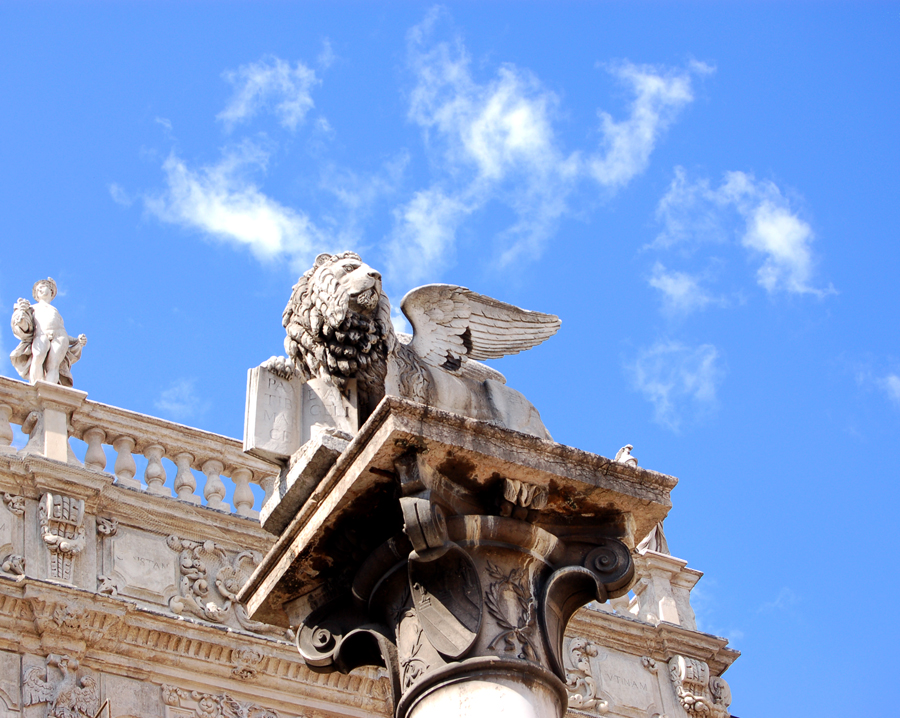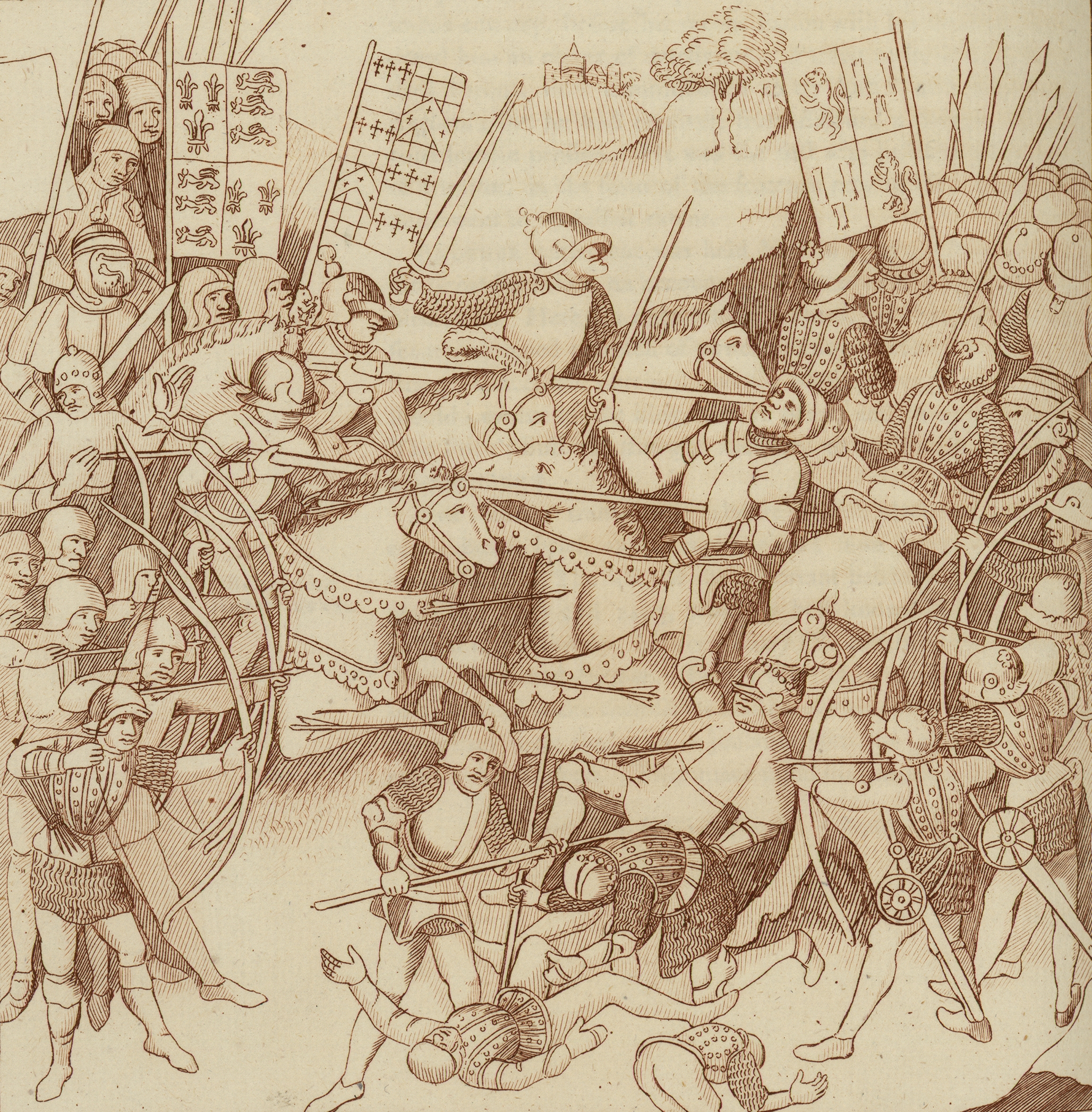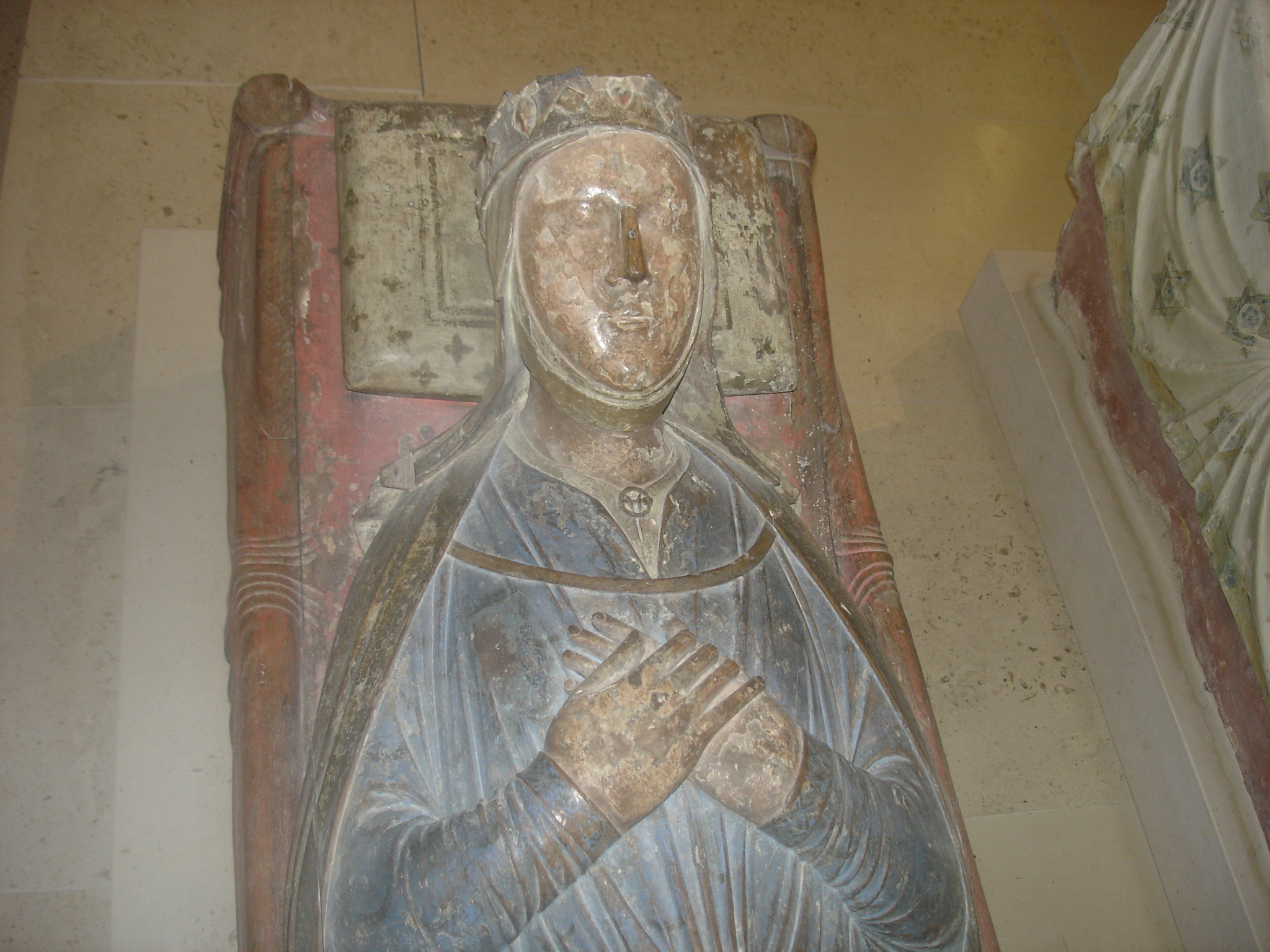|
July 21
Events Pre-1600 * 356 BC – The Temple of Artemis in Ephesus, one of the Seven Wonders of the World, is destroyed by arson. * 230 – Pope Pontian succeeds Urban I as the eighteenth pope. After being exiled to Sardinia, he became the first pope to resign his office. * 285 – Diocletian appoints Maximian as Caesar and co-ruler. *365 – The 365 Crete earthquake affected the Greek island of Crete with a maximum Mercalli intensity of XI (''Extreme''), causing a destructive tsunami that affects the coasts of Libya and Egypt, especially Alexandria Alexandria ( ; ) is the List of cities and towns in Egypt#Largest cities, second largest city in Egypt and the List of coastal settlements of the Mediterranean Sea, largest city on the Mediterranean coast. It lies at the western edge of the Nile .... Many thousands are killed. * 905 – King Berengar I of Italy and a hired Principality of Hungary, Hungarian army defeats the Francia, Frankish forces at Verona. Ki ... [...More Info...] [...Related Items...] OR: [Wikipedia] [Google] [Baidu] |
356 BC
__NOTOC__ Year 356 BC was a year of the pre-Julian Roman calendar. At the time, it was known as the Year of the Consulship of Ambustus and Laenas (or, less frequently, year 398 ''Ab urbe condita''). The denomination 356 BC for this year has been used since the early medieval period, when the Anno Domini calendar era became the prevalent method in Europe for naming years. Events By place Persian Empire * Having blamed their defeats to Philip II in Thessaly and Chalcidice on his colleagues (Iphicrates and Timotheus), Chares is left in sole command of the Athenian fleet. Chares, in need of money for his war effort, frowns upon asking it from Athens, so, partly compelled by his mercenaries, he enters the service of the insurgent Achaemenid satrap of Phrygia Artabazus who rewards Chares very generously. * Artabazus is also supported by the Thebans, who send him 5,000 men under one of their generals Pammenes. With the assistance of these and other allies, Artabazus defea ... [...More Info...] [...Related Items...] OR: [Wikipedia] [Google] [Baidu] |
Verona
Verona ( ; ; or ) is a city on the Adige, River Adige in Veneto, Italy, with 255,131 inhabitants. It is one of the seven provincial capitals of the region, and is the largest city Comune, municipality in the region and in Northeast Italy, northeastern Italy. The metropolitan area of Verona covers an area of and has a population of 714,310 inhabitants. It is one of the main tourist destinations in Northern Italy because of its artistic heritage and several annual fairs and shows as well as the Opera, opera season in the Verona Arena, Arena, an ancient Ancient Rome, Roman Amphitheatre, amphitheater. Between the 13th and 14th centuries, the city was ruled by the Scaliger, della Scala family. Under the rule of the family, in particular of Cangrande I della Scala, the city experienced great prosperity, becoming rich and powerful and being surrounded by new walls. The della Scala era is preserved in numerous monuments around Verona. Two of William Shakespeare's plays are set in Ve ... [...More Info...] [...Related Items...] OR: [Wikipedia] [Google] [Baidu] |
1545
Year 1545 ( MDXLV) was a common year starting on Thursday of the Julian calendar. Events January–March * January 1 – King Francis I of France issues the "Arrêt de Mérindol", to destroy the Protestant Waldensians of Provence. * January 4 – Giovanni Battista De Fornari begins a 2-year term as the Doge of Genoa, succeeding Andrea Centurione Pietrasanta. * February 22 – A firman of the Ottoman Empire is issued for the dethronement of Radu Paisie as Prince of Wallachia. * February 27 – Battle of Ancrum Moor: The Scots are victorious over numerically superior English forces. * March 17 – Mircea the Shepherd enters Bucharest as the new ruler of Wallachia, now in Romania. * March 24 – At a diet in Worms, Germany, summoned by Pope Paul III, the German Protestant princes demand a national religious settlement for Germany. Holy Roman Emperor, Charles V refuses. April–June *April 1 – Potosí is founded by the Spanish a ... [...More Info...] [...Related Items...] OR: [Wikipedia] [Google] [Baidu] |
Shropshire
Shropshire (; abbreviated SalopAlso used officially as the name of the county from 1974–1980. The demonym for inhabitants of the county "Salopian" derives from this name.) is a Ceremonial counties of England, ceremonial county in the West Midlands (region), West Midlands of England, on the England–Wales border, border with Wales. It is bordered by Cheshire to the north-east, Staffordshire to the east, Worcestershire to the south-east, Herefordshire to the south, and the Welsh principal areas of Powys and Wrexham County Borough, Wrexham to the west and north-west respectively. The largest settlement is Telford, while Shrewsbury is the county town. The county has an area of and a population of 498,073. Telford in the east and Shrewsbury in the centre are the largest towns. Shropshire is otherwise rural, and contains market towns such as Oswestry in the north-west, Market Drayton in the north-east, Bridgnorth in the south-east, and Ludlow in the south. For Local government i ... [...More Info...] [...Related Items...] OR: [Wikipedia] [Google] [Baidu] |
Henry IV Of England
Henry IV ( – 20 March 1413), also known as Henry Bolingbroke, was King of England from 1399 to 1413. Henry was the son of John of Gaunt, Duke of Lancaster (a son of King Edward III), and Blanche of Lancaster. Henry was involved in the 1388 revolt of Lords Appellant against Richard II, his first cousin, but he was not punished. However, he was exiled from court in 1398. After Henry's father died in 1399, Richard blocked Henry's inheritance of his father's lands. That year, Henry rallied a group of supporters, overthrew and imprisoned Richard II, and usurped the throne; these actions later contributed to dynastic disputes in the Wars of the Roses (1455–1487). Henry was the first English ruler whose mother tongue was English (rather than French) since the Norman Conquest, over 300 years earlier. As king, he faced a number of rebellions, most seriously those of Owain Glyndŵr, the last Welshman to claim the title of Prince of Wales, and the English knight Henry Percy (Hotspur) ... [...More Info...] [...Related Items...] OR: [Wikipedia] [Google] [Baidu] |
Battle Of Shrewsbury
The Battle of Shrewsbury was fought on 21 July 1403, waged between an army led by the Lancastrian King Henry IV and a rebel army led by Henry "Harry Hotspur" Percy from Northumberland. The battle, the first in which English archers fought each other on English soil, reaffirmed the effectiveness of the longbow and ended the Percy challenge to King Henry IV of England. Part of the fighting is believed to have taken place at what is now Battlefield, Shropshire, England, three miles (5 km) north of the centre of Shrewsbury. It is marked today by Battlefield Church and Battlefield Heritage Park. Background The Percys had previously supported Henry IV in a war against King Richard II of England, which ended when Henry IV took the throne in 1399. The Percys subsequently supported Henry IV in Wales, early in the rebellion of Owain Glyndŵr, and in Scotland, in both negotiations with and conflict against the Scots. King Henry IV had been supported by a number of wealthy land ... [...More Info...] [...Related Items...] OR: [Wikipedia] [Google] [Baidu] |
1403
Year 1403 ( MCDIII) was a common year starting on Monday of the Julian calendar. Events January–March * January 5 – In what is now Myanmar, peace negotiations begin between King Razadarit of Hanthawaddy at his capital Pegu, with the emissaries of Minkhaung I, ruler of the Kingdom of Ava, 10 days after the Ava forces defeated Razadarit's army at the Battle of Nawin.Yazawin Thit Vol. 1 2012: 220–221 * January 23 – The Yongle Era in China begins with the first day of the Chinese New Year, six months after King Zhu Di of the Yan State arrived at Nanjing, deposed the southern Chinese Emperor Zhu Yun Wen, and proclaimed himself as the Emperor Cheng Zu. * February 20 – Signing of the Treaty of Gallipoli is completed as Süleyman Çelebi makes wide-ranging concessions to the Byzantine Empire and other Christian powers, in the southern Balkans. * February 7 – King Henry IV of England marries as his second wife Joan of Navarre, the daughter of ... [...More Info...] [...Related Items...] OR: [Wikipedia] [Google] [Baidu] |
Hugh X Of Lusignan
Hugh X de Lusignan or Hugh V of La Marche (c. 1183 – c. 5 June 1249, Angoulême) was Seigneur de Lusignan and Count of La Marche in November 1219 and was Count of Angoulême by marriage. He was the son of Hugh IX. Background Hugh's father, Hugh IX of Lusignan, was betrothed to marry 12-year-old Isabel of Angoulême in 1200, but King John of England married her instead. As a result, the entire de Lusignan family rebelled against the English king. Hugh IX married Agathe de Preuilly instead. Hugh was born in 1183. He married Isabella, widow of King John of England, on 10 May 1220. By Hugh's marriage to Isabella, he became Count of Angoulême until her death in 1246. Together they founded the abbey of Valence. In 1224, Hugh joined with King Louis VIII of France against the Angevins, being promised the city of Bordeaux. By 1226, he had become embittered against Louis' lack of support in conquering Gascony. Marriage and issue Hugh and Isabella had: * Hugh XI de Lusign ... [...More Info...] [...Related Items...] OR: [Wikipedia] [Google] [Baidu] |
Henry III Of England
Henry III (1 October 1207 – 16 November 1272), also known as Henry of Winchester, was King of England, Lord of Ireland, and Duke of Aquitaine from 1216 until his death in 1272. The son of John, King of England, King John and Isabella of Angoulême, Henry assumed the throne when he was only nine in the middle of the First Barons' War. Cardinal Guala Bicchieri declared the war against the rebel barons to be a religious crusade and Henry's forces, led by William Marshal, defeated the rebels at the battles of Battle of Lincoln (1217), Lincoln and Battle of Sandwich (1217), Sandwich in 1217. Henry promised to abide by the Magna Carta#Great Charter of 1225, Great Charter of 1225, a later version of the 1215 Magna Carta, which limited royal power and protected the rights of the major barons. Henry's early reign was dominated first by William Marshal, and after his death in 1219 by the magnate Hubert de Burgh. In 1230, the King attempted to reconquer the Angevin Empire, provinces of ... [...More Info...] [...Related Items...] OR: [Wikipedia] [Google] [Baidu] |
Louis IX Of France
Louis IX (25 April 1214 – 25 August 1270), also known as Saint Louis, was King of France from 1226 until his death in 1270. He is widely recognized as the most distinguished of the Direct Capetians. Following the death of his father, Louis VIII, he was Coronation of the French monarch, crowned in Reims at the age of 12. His mother, Blanche of Castile, effectively ruled the kingdom as regent until he came of age, and continued to serve as his trusted adviser until her death. During his formative years, Blanche successfully confronted rebellious vassals and championed the Capetian cause in the Albigensian Crusade, which had been ongoing for the past two decades. As an adult, Louis IX grappled with persistent conflicts involving some of the most influential nobles in his kingdom, including Hugh X of Lusignan and Peter I of Brittany. Concurrently, England's Henry III of England, Henry III sought to reclaim the Angevin Empire, Angevin continental holdings, only to be decisively def ... [...More Info...] [...Related Items...] OR: [Wikipedia] [Google] [Baidu] |
Battle Of Taillebourg
The Battle of Taillebourg, a major medieval battle fought in July 1242, was the decisive engagement of the Saintonge War. It pitted a French Capetian army under the command of King Louis IX, also known as Saint Louis, and his younger brother Alphonse of Poitiers, against forces led by King Henry III of England, his brother Richard of Cornwall and their stepfather Hugh X of Lusignan. The battle was fought on the bridge built over the river Charente, a point of strategic importance on the route between northern and southern France. Later it was fought near the city of Saintes. According to Charles Oman; the English and their allies were routed and forced to make peace but the King of France contented himself of leaving things as they had been before the war. The battle put down the Poitevin revolt and marked the end of Henry III's hopes of restoring the Angevin Empire, which had collapsed during his father's reign. Prelude By the terms of his will, Louis VIII had given the t ... [...More Info...] [...Related Items...] OR: [Wikipedia] [Google] [Baidu] |
1242
Year 1242 ( MCCXLII) was a common year starting on Wednesday of the Julian calendar. Events By place Europe * Spring – Prince Alexander Nevsky is joined by his brother Andrey II (Yaroslavich) at Novgorod, supported with his elite ''druzhina'' (or 'household') from Suzdal. They head southwest across the frozen marshes, which cover much of the land between Novgorod and Pskov. On March 5, Alexander retakes the city almost without a struggle, before the larger Crusader garrison in nearby Izborsk can intervene. * April – A Russian force led by Alexander Nevsky crosses the frontier between Novgorod and Livonian Crusader territory, to raid into Catholic Estonia. After that, Alexander breaks his army off into contingents to ravage the countryside. He is forced to turn back, when a local Crusader force under Bishop Hermann von Buxhövden defeats Alexander's advance guard at Mooste bridge south of Tartu. * April 5 – Battle of Lake Peipus (or Battle on the Ic ... [...More Info...] [...Related Items...] OR: [Wikipedia] [Google] [Baidu] |








